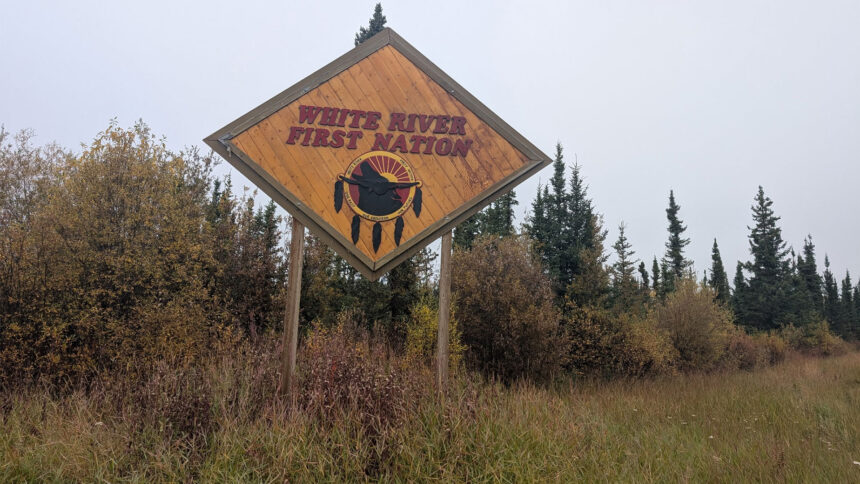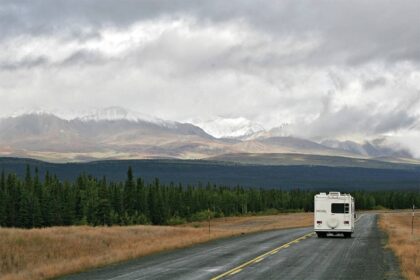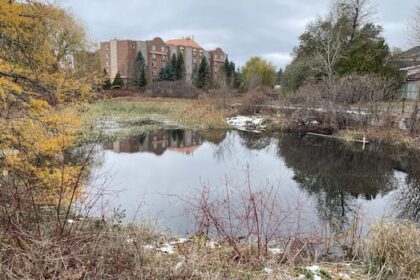A First Nation in the Yukon is slamming the territorial government over the accidental release of a draft framework for new mining legislation – and calling its proposed changes inadequate. The White River First Nation (WRFN), located a five-hour drive northwest of Whitehorse, expressed its disappointment with the premature release of the document. It also identified issues with it in a strongly worded release on Wednesday. “To be crystal clear, WRFN does not support the Draft Framework in its current form. Other Nations have expressed similar views. If (the Yukon government) moves forward with turning it into a bill after the election, it will be over WRFN’s strong objections and without our consent,” it said. The draft framework outlines what new minerals legislation in the territory could look like. The work is being led by a steering committee composed of government officials, First Nations representatives and Indigenous transboundary groups. The new legislation will replace the Quartz Mining Act and Placer Act, which have been in place for more than a century. The CBC recently obtained the draft framework, which is currently embargoed, through an access to information request. The government has since clarified that the document was released in error. White River’s lands manager, Odin Miller, told APTN News that First Nations should have been consulted before considering the CBC’s request. “I think that was a major error, to say the least, on (the Yukon government’s) part,” Miller said. “And I think it’s a serious breach of protocol, of the way things are normally done in that kind of circumstance.” Cabinet communications spokesperson Laura Seeley said in a statement that the government “deeply regret(s) the error.” “We recognize the concerns raised and sincerely apologize for the significant frustration this has caused. We will be reaching out to First Nation leadership soon to figure out a respectful path forward,” she said. White River raises concerns over consent, UNDRIP APTN was able to obtain the draft framework agreement through the CBC. The document proposes changes to the current minerals’ regime, such as requiring prospectors to apply for an area of mineral exclusivity. The provision grants further work and exclusivity of mineral activity within that area, but doesn’t grant mineral rights. Only after a prospector completes some work can they then apply for mineral rights. That’s a major shift from the free-entry system, which automatically awards mineral rights on public lands without an opportunity for First Nations consultation. But Miller said White River feels that the draft framework doesn’t go far enough to change the current status quo on mining, especially for unceded First Nations like itself. White River is one of three non-self-governing First Nations in the territory. Odin Miller, lands manager for White River First Nation, says the draft framework doesn’t go far enough to implement significant change. Photo: APTN News/Jordan Haslbeck “There’s provisions for consent on Category B settlement lands, but (there’s) nothing, no corresponding provisions for unceded First Nations,” they said. The First Nation also believes the draft framework does little to implement the United Nations Declaration on the Rights of Indigenous Peoples, or UNDRIP, particularly when it comes to upholding the principle of free, prior and informed consent. Miller said while they couldn’t talk for other parties involved with the draft framework, they noted there’s been general consensus among First Nations on most topics. However, they said the First Nation feels the government has been challenging to work with. “(The Yukon government) has kind of dug in its heels. They’ve refused to communicate, and when they’ve come back, they’ve offered very little in the way of substantive change… just sort of, you know, modified free entry system consultation with a few extra steps,” they said. White River isn’t alone. Chief Dawna Hope of the First Nation of Na-Cho Nyäk Dun previously criticized the draft framework, claiming it falls short of delivering a drastic overhaul of current mining laws, especially in the wake of the Eagle gold mine disaster. At the same time, the Yukon Chamber of Mines raised concern that the draft framework’s proposed changes are too drastic and go against industry conventions. “It needs a lot more work,” Miller said. “White River feels there’s a huge number of unresolved issues in the draft framework agreement.” John Thompson, a spokesperson with the Department of Energy, Mines and Resources, said in an email that governments represented on the steering committee are reviewing the current version of the draft framework to decide whether they support it or not. He noted that the draft framework is a collaborative effort as opposed to being “unilaterally written by the Government of Yukon.” “The framework is just one step towards new minerals legislation and will be used to guide next phases for Government of Yukon and Indigenous governments to develop the legislation, consulting with industry and stakeholders,” he said. “Ongoing engagement with all partners will be essential to refining and improving the approach moving forward in the next phase of this process.” Continue Reading
White River First Nation slams Yukon government for release of new draft mining legislation

Leave a Comment










